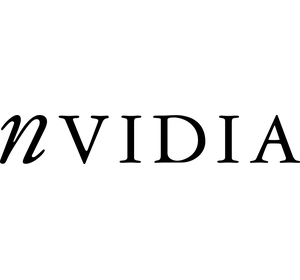$UBER $GOOG $GOOGL
#Uber #Waymo #AutonomousVehicles #SelfDriving #TechInnovation #Ridesharing #Transportation #FutureOfMobility #StockMarket #EV #Investing #Technology
Uber Technologies (UBER) is capturing the attention of investors as it strengthens its relationship with Waymo, an autonomous driving unit owned by Alphabet (GOOG, GOOGL), in the competitive autonomous vehicle (AV) industry. In San Francisco, where the partnership is being tested, fresh data from the collaboration indicates significant strides, particularly in the areas of efficiency and pricing structure. Waymo has successfully reduced its average trip prices by 9.7% quarter-over-quarter in Q4, a noteworthy development when compared to its competitor landscape. This price decrease demonstrates Waymo’s ongoing efforts to make autonomous rides more affordable and scalable, which bodes well for Uber’s longer-term prospects as a leader in ride-hailing partnerships with AV companies.
From the perspective of Uber’s growth strategy, the ability to integrate autonomous vehicles could be groundbreaking. As human drivers are gradually replaced with automated systems, Uber stands to boost its gross margins significantly. Labor, at present, makes up a large portion of Uber’s operating costs—cutting down on this expenditure will likely lead to better financials over time. While it’s unclear when autonomous rides will become widely available on Uber’s platform, this step is part of a broader strategy. Investors should monitor the long-term potential for gross profit expansion, especially as operational costs may see a downward shift, boosting Uber’s bottom line. The partnership with Waymo could become a blueprint for similar collaborations in other major cities, offering the promise of strong growth prospects for Uber.
Alphabet, Waymo’s parent company, similarly stands to benefit from this growing partnership. It represents an opportunity for Alphabet to further expand its foothold not just in technology but in transportation innovation—an industry expected to dramatically increase in the next decade as cities globally pivot toward sustainable and autonomous transit solutions. Alphabet’s ability to scale Waymo, which is expensive to develop, and make it commercially viable is key to maintaining investor confidence. The 9.7% decrease in average trip cost illustrates that Waymo is making headway in reducing the high costs typically associated with new technology. If Waymo can continuously optimize this cost structure while improving performance metrics like wait times, Alphabet’s AV program could be viewed as a key vertical within its overall business strategy, contributing to future revenue streams.
In the greater market context, the collaboration between Uber and Waymo presents significant potential to reshape both the ride-hailing and autonomous vehicle sub-sectors. While autonomous technology has long faced scrutiny for its safety record and technological challenges, Waymo has steadily emerged as a front-runner in addressing these concerns. If successful at scale, these efforts could push both Uber and Alphabet stock higher as institutional investors seek exposure to future-oriented mobility solutions. However, both companies will need to navigate regulatory hurdles and public perception challenges that come with AV rollout. The market will want to see continued improvements in safety, speed of adoption, and pricing before fully pricing in the collaboration’s long-term benefits into either company’s stock price.











Comments are closed.